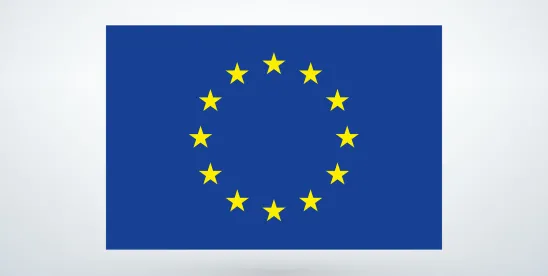On 11 December 2024, the European Commission issued important updates to its Consolidated FAQs on the implementation of Council Regulation No 833/2014 and Council Regulation No 269/2014 (FAQs). These updates cover multiple topics, including due diligence requirements, circumvention and the introduction of a new chapter dedicated specifically to enhanced due diligence for operators involved in manufacturing or trading with common high priority (CHP) items.
The updated FAQs clarify the responsibilities of EU operators, including banks, regarding the recommendations and additional due diligence criteria that should be incorporated into internal procedures when dealing with transactions involving high-risk jurisdictions like Russia and Belarus, and countries neighbouring them.
One of the key updates is the introduction of a new chapter focusing on enhanced due diligence for operators manufacturing and/or trading with CHP items. This chapter outlines the purpose of additional measures, and defines the CHP items and the prohibitions applicable to them. It also establishes the EU operators that are particularly affected by these requirements, such as manufacturers, traders and suppliers dealing with goods that are subject to heightened scrutiny.
Among the updates, the European Commission provides detailed guidance on conducting due diligence on counterparties, the flow of funds, transportation/logistics and the route of goods (e.g. passport or shipping controls), or whether it is known to reexport goods to Russia or Belarus.
In addition, the updated FAQs highlight key red flags regarding the risk of CHP items being reexported to Russia or used within its territory. It is emphasised that EU operators must implement robust internal controls, policies and risk management procedures designed to identify the risks and prevent breaches of EU sanctions.
Regarding the general due diligence and circumvention obligations, the commission has clarified that banks are required to screen their open account transactions for possible violations of EU trade restrictions. Even though banks do not directly engage in the trade of goods, they are required to process the payments related to these transactions. As such, banks are encouraged to establish tailored compliance programs that address specific risks associated with certain transactions or parties.
The updated FAQs also offer clarification on the concept of “knowingly and intentionally” in the context of anticircumvention clauses. Referencing the judgment in Case C-72/111 (21 December 2011), the commission confirms that the requirement of knowledge and intent is satisfied not only when a person deliberately seeks to circumvent sanctions, but also when a person is aware that their actions may lead to such an effect and willingly accepts that possibility.
EU operators are strongly advised to review and update their risk management processes to ensure compliance with the new due diligence and circumvention recommendations provided by the European Commission. For further information, please refer to the Commission Consolidated FAQs.



 />i
/>i
